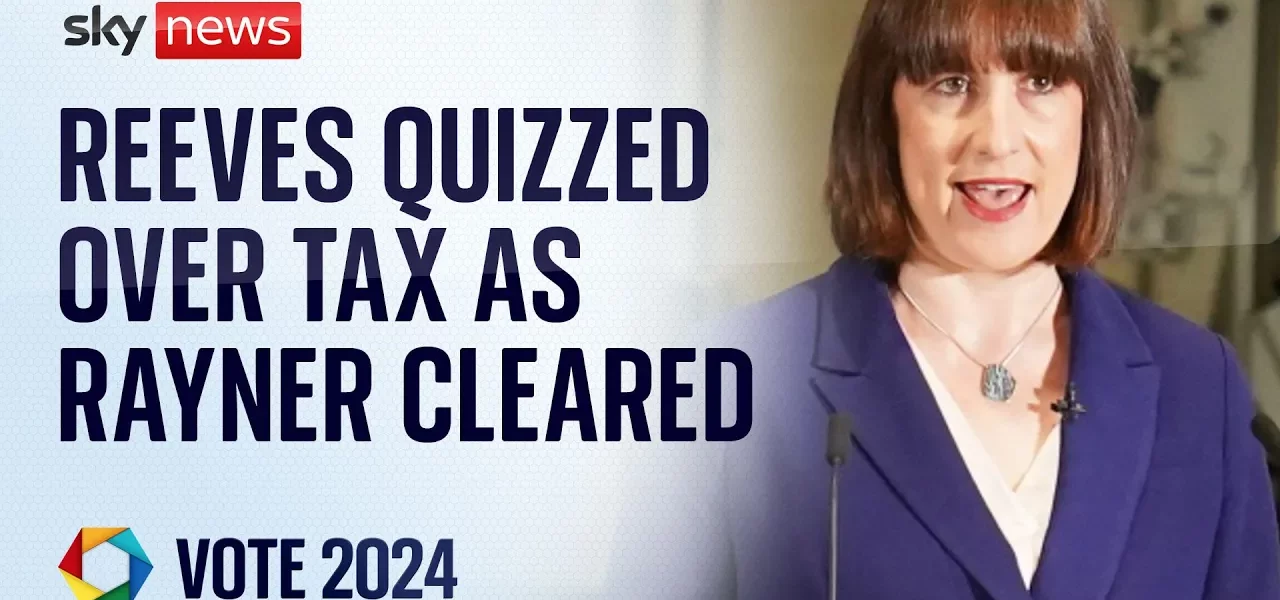Labour Party’s Vision for Economic Growth: Stability and Partnerships

The Labour Party is positioning itself as the premier choice for British businesses and voters, advocating for a strategy centered on economic stability and growth through partnerships. This article delves into their proposals and the implications for the future of UK politics and business.
Introduction
The Labour Party has embarked on a mission to redefine its identity within the political landscape of the UK, aiming to become the natural choice for British businesses. This transformation focuses on fostering economic growth through strategic partnerships and emphasizing a cautious approach to fiscal policy. Amidst the backdrop of an upcoming election, the party seeks to reassure voters and businesses that it can provide stability and prosperity without resorting to immediate tax increases.
The Labour Party’s Approach to Economic Growth
Labour’s strategy hinges on the belief that collaboration with businesses is essential for sustainable growth. The party’s leadership is keen to present itself as a risk-free option for both the electorate and the business community.
Partnership with Businesses
By establishing partnerships with a wide range of companies, Labour aims to create a robust economic framework that benefits all stakeholders. Key aspects include:
- Engagement with businesses of varying sizes, from startups to large corporations.
- Building policies that are informed by the needs and insights of business leaders.
- Encouraging innovation and investment across different sectors.
The Shadow Chancellor’s Message
The Shadow Chancellor has been vocal about Labour’s intentions, advocating for a cautious approach to fiscal matters. A recent letter showcasing support from 120 business leaders has stirred conversation, though some critics argue about the relevance of the signatories.
Analysis of Business Support
While the letter signifies strong backing, it has faced scrutiny due to the absence of prominent figures from the UK’s top companies. The implications of this support include:
- Credibility issues regarding the party’s commitment to business.
- Concerns over the diversity of industries represented in this backing.
- Potential impacts on Labour’s electoral strategy and public perception.
Tax Policies and Economic Stability
One major concern for voters revolves around tax policies under a potential Labour government. The party has made it clear that it does not plan to raise income tax, National Insurance, or corporation tax. However, questions remain about the sustainability of this stance in the face of economic challenges.
Tax Rises and Fiscal Responsibility
The Shadow Chancellor has indicated some flexibility in tax policies if economic conditions dictate. Key points include:
- No immediate tax increases are planned.
- Willingness to reassess fiscal strategies based on financial realities.
- Commitment to transparency in fiscal planning.
Political Landscape and Labour’s Strategy
As the election approaches, Labour’s strategy is to position itself as the party of stability, contrasting with the Conservative Party’s approach. Recent announcements, such as tax cuts for pensioners, reflect Labour’s commitment to appealing to traditional voters while addressing broader economic issues.
Engagement with Voters
Labour’s campaign focuses on clear communication and transparency. Strategies include:
- Direct engagement with the public to understand their concerns.
- Articulating a clear vision for economic stability and growth.
- Countering the Conservative narrative by highlighting Labour’s plans for a secure future.
Conclusion
In summary, the Labour Party is striving to reshape its image as a reliable partner for businesses and a prudent option for voters. By emphasizing economic stability and fostering partnerships, Labour aims to assure the electorate of its capability to manage the economy effectively. As the election looms, the party’s success will hinge on its ability to communicate its vision clearly and address the pressing concerns of the British public.
For more insights on political strategies and economic policies, check out our related articles on business partnerships and tax policies.
“`




